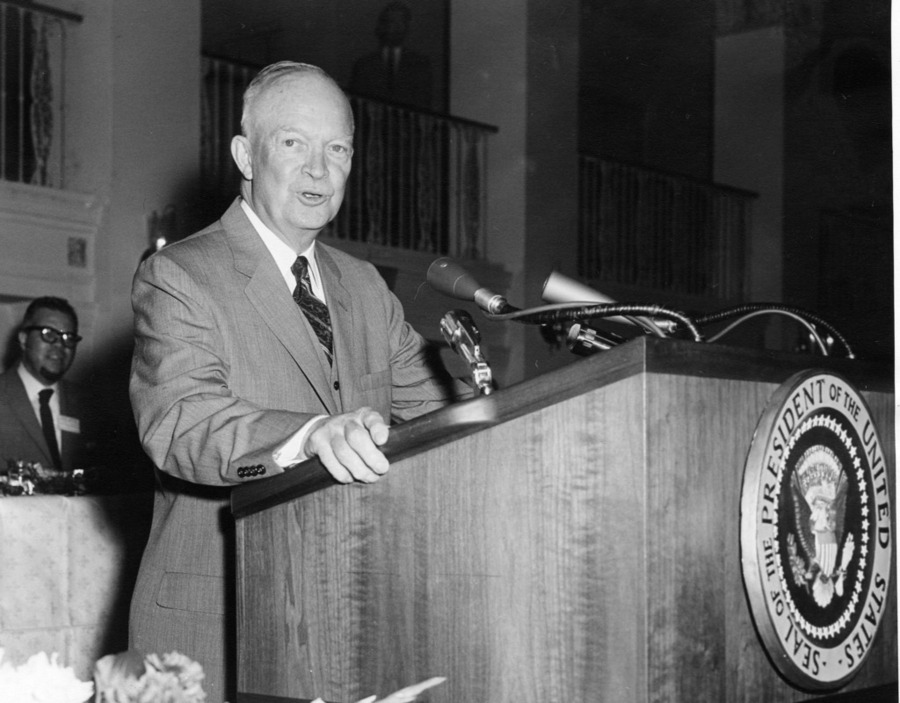WSJ on the FAA's Draft Rules for Commercial Use of Small Drones
I missed yesterday's intriguing little report from Jack Nicas and Andy Pasztor, which opens:
Highly anticipated federal rules on commercial drones are expected to require operators to have a license and limit flights to daylight hours, below 400 feet and within sight of the person at the controls, according to people familiar with the rule-making process. The drone industry has awaited commercial rules for about six years, hoping the rules would pave the way fo
Published by The Lawfare Institute
in Cooperation With

I missed yesterday's intriguing little report from Jack Nicas and Andy Pasztor, which opens:
Highly anticipated federal rules on commercial drones are expected to require operators to have a license and limit flights to daylight hours, below 400 feet and within sight of the person at the controls, according to people familiar with the rule-making process. The drone industry has awaited commercial rules for about six years, hoping the rules would pave the way for widespread drone use in industries such as farming, filmmaking and construction. Current FAA policy allows recreational drone flights in the U.S. but essentially bars drones from commercial use.Two quick reactions. First, and as the Journal piece suggests, industry will vigorously oppose this approach, likely more so than it has opposed the FAA's handling of domestic UAS integration to date. This isn't merely because the agency's draft rules, if made final, would torpedo Jeff Bezos' dream of on-demand drone delivery. It's also because the the agency seems poised, among other things, to take some cross-cutting, integration-slowing actions---like conditioning FAA permission to fly any small unmanned aircraft on the operator's prior experience flying manned aircraft. Yikes. The Journal article also says rather ambiguously that the forthcoming draft "wouldn’t address privacy concerns over the use of drones." Perhaps this means only that the FAA, given its longstanding desire not to get into the drone privacy business generally, might acknowledge privacy's importance or hand down superficial privacy requirements, while also stressing FAA jurisdiction over air safety only. (There's precedent for the agency's "drone privacy matters but we only touch it a little bit" approach: the FAA has taken it at experimental UAS test ranges throughout the country; and Congress mostly has followed suit, emphasizing the FAA's safety mission while also asking it. among other things, to study privacy issues raised by drone integration.) But there's also another possibility, too. Yesterday's news also might mean that there's nothing in the draft rule with respect to privacy at all. A final rule along those lines would effectively leave drone-related privacy regulation to existing law, along with operators' pledges---to the extent made---to obey voluntary privacy standards. (We learned some time back that the White House will order the National Telecommunications and Information Administration to promulgate voluntary guidelines for certain commercial operators.) Of course the draft rule hasn't yet been released---and it will only be a draft rule, after all. Perhaps the contours will change during the comment process.The agency also plans to group all drones weighing less than 55 pounds under one set of rules. That would dash hopes for looser rules on the smallest drones, such as the 2.8-pound Phantom line of camera-equipped, four-rotor helicopters made by China’s SZ DJI Technology Co. Similar-sized devices are seen as the most commercially viable drones and have surged in popularity in the last two years. Small-drone supporters say such models are less risky to people and structures than heavier drones like Boeing Co. ’s ScanEagle, a gas-powered, 40-pound aircraft with a 10-foot wingspan that can stay aloft for more than 24 hours. ConocoPhillips Co. uses the ScanEagle to gather data on Arctic ice pack and whale migrations. In addition, pilot certifications likely to be proposed by the FAA would typically require dozens of hours flying manned aircraft, according to people familiar with the rule-making discussions. Drone proponents have resisted requiring traditional pilot training for drone operators.While the FAA wants to open the skies to unmanned commercial flights, the expected rules are more restrictive than drone supporters sought and wouldn’t address privacy concerns over the use of drones, people familiar with the matter said.
Wells C. Bennett was Managing Editor of Lawfare and a Fellow in National Security Law at the Brookings Institution. Before coming to Brookings, he was an Associate at Arnold & Porter LLP.





